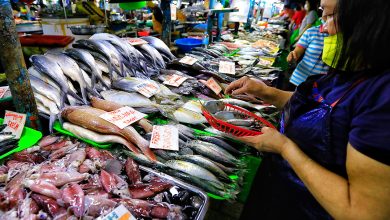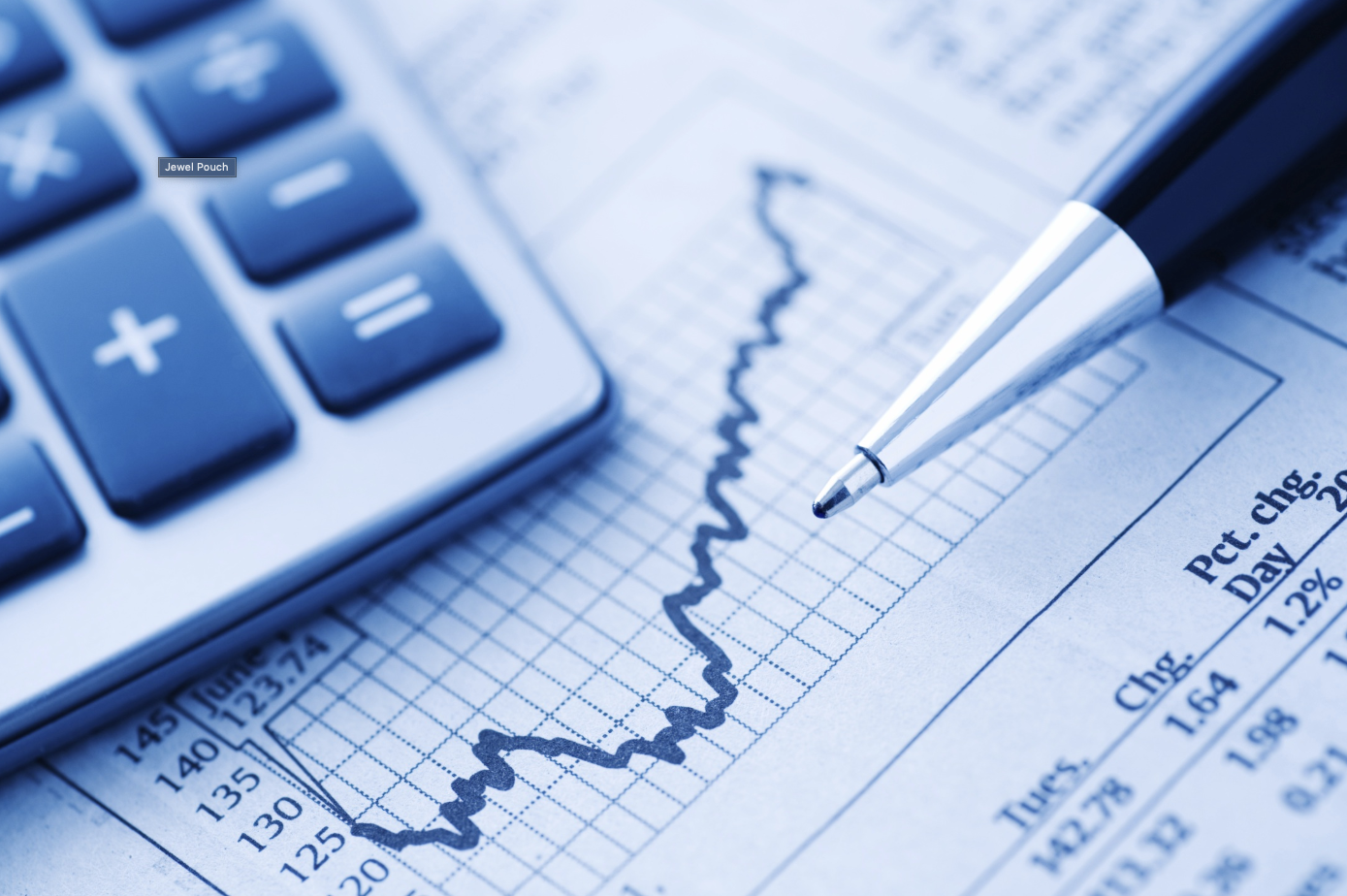Anti-drug agencies back bill on medical marijuana

By Beatriz Marie D. Cruz
MEDICAL EXPERTS and law enforcement agencies have backed a proposal to allow the use of cannabis or marijuana as a medicine and remove it from the Philippine list of illegal drugs, according to a congressman.
Resource people at a meeting on House Bill 6783 last week also sought strict regulation to prevent abuse, Surigao Del Norte Rep. Robert Ace S. Barbers, who heads the committee on dangerous drugs, said in a Viber message. The measure seeks to declassify cannabis as a dangerous drug.
He said that the Health department is aware of the medicinal benefits of cannabis, but “suggested that it should be in pharmaceutical form rather than its plant form to ensure that it’s safe.”
The Philippine Drug Enforcement Agency and the Dangerous Drugs Board also backed the use of cannabis for medical purposes, Mr. Barbers said.
Cannabis could help treat diseases like cancer, but any drugs should undergo assessment, he said, citing the Food and Drug Administration.
Cannabidiol is a chemical in the cannabis sativa plant, also known as cannabis or hemp. One specific form of cannabidiol is approved as a drug in the US for seizures, according to WebMD.
More than 100 chemicals known as cannabinoids have been found in the cannabis sativa plant, according to the US National Center for Complementary and Integrative Health.
Marijuana refers to the dried leaves, flowers, stems and seeds from the plant, which contains the mind-altering chemical THC and other similar compounds.
One of the earliest uses of medical cannabis was in 2737 B.C., when Chinese emperor Shen Neng prescribed marijuana tea for the treatment of gout, rheumatism, malaria and poor memory.
Davao del Norte Rep. Pantaleon D. Alvarez, who authored the bill, said regulating cannabis production and sales could generate taxes to build roads and help the state pay its debt.
At a House of Representatives hearing in February, he said calling cannabis a dangerous drug “does not make sense at all” because other products that are more harmful such as alcoholic beverages, tobacco and sugary drinks are all legal.
But the Philippine National Police opposed the legalization of medical marijuana because it would lead to drug abuse, Mr. Barbers said.
The Philippine Medical Association had also opposed the bill, saying cannabis is hallucinogenic and could cause car accidents, liquor abuse, anxiety and suicide, based on US studies, Mr. Barbers said.
Kristine M. Mendoza, co-convenor of the Drug Policy Reform Initiative, said legalizing cannabis could help facilitate research that would inform people of its chemical content and effects.
“Labels with information on the safest way to use it can be introduced,” she said in an e-mail. “Once legal, it can be regulated. Once regulated, people can access not just cannabis but information, medical advice, even product reviews about it.”
She said a substance is safer to use when people are properly informed about it. “People can take precautions if and when needed. This is way better and safer than accessing cannabis underground or in the black market because it is prohibited.”
Leyte Rep. Richard I. Gomez, who heads the technical working group, said in a Viber message they had yet to “condense and review” the position papers of several resource speakers.




